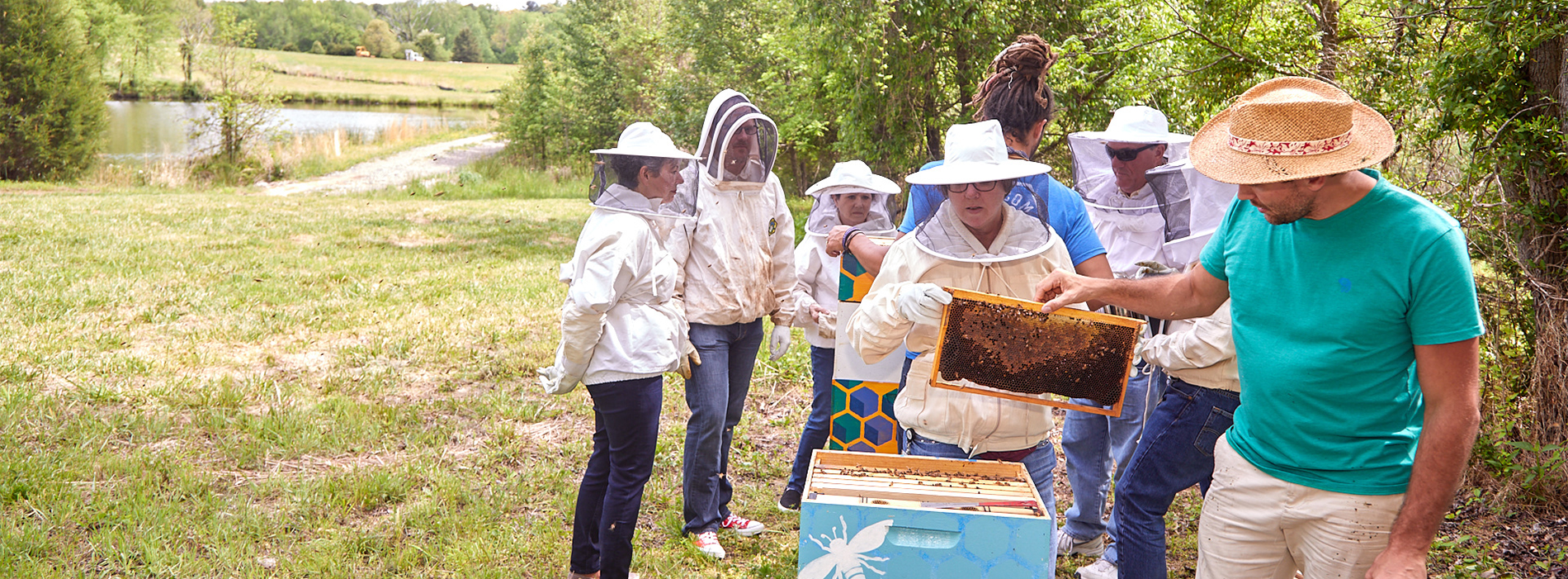
Cary, NC (Aug. 6, 2020) – From sustainable workplace practices to connecting analytics and advocacy, analytics leader SAS has prioritized corporate citizenship and social innovation to help steer business decisions. As further evidence of its commitment to sustainability and support for the Paris Agreement and NC Clean Energy Plan, SAS is updating its climate strategy and environmental goals by committing to achieving net-zero carbon emissions by 2050. The company is joining the global movement of leading companies who are aligning their business with the ambitious aim to limit global temperature rise to 1.5 degrees Celsius and avoid the worst impacts from climate change.
“For decades, SAS has combined corporate social responsibility and innovation with our software to address economic, social and environmental issues,” said SAS CEO Jim Goodnight. “While we all are trying to adapt to our new normal during COVID-19, SAS’ values still hold true – we treat people like they matter and work together with each other and our customers to make a better, safer world and create a more sustainable future.”
By advocating for the environment to giving back through free educational offerings and resources to assist during the coronavirus outbreak, SAS strives to support the United Nations’ Sustainable Development Goals (UN SDGs) to make the world a better place.
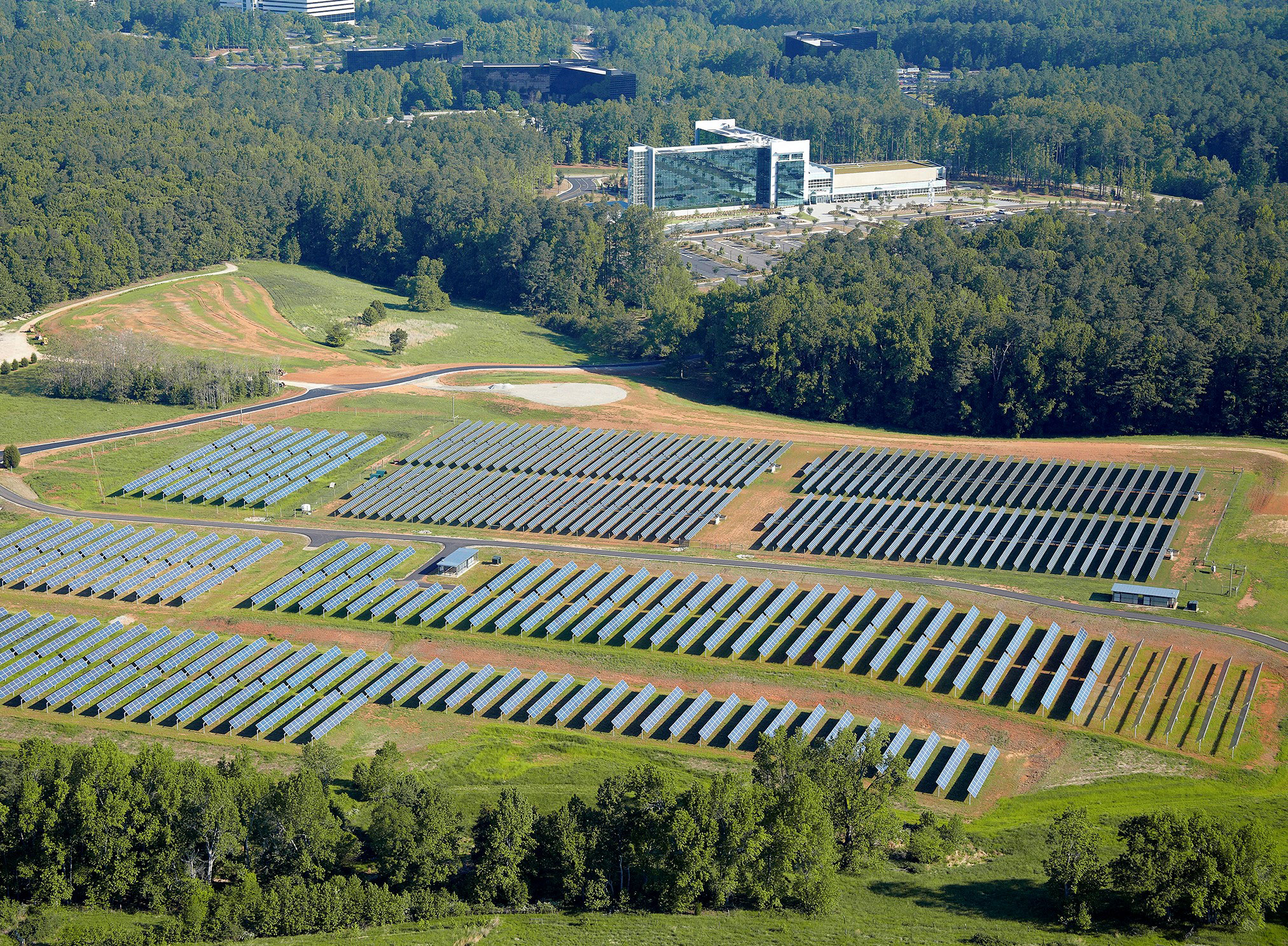 Gallery Image
Gallery Image
SAS generates 3.8 million kWh of clean, renewably sourced energy from rooftop and ground-mounted solar systems which will help the company to achieve its net-zero carbon emission goal by 2050.
SAS’ social innovation initiative finds creative ways to accelerate global progress and move the world toward a more sustainable future. These programs would be impossible without the passion and willingness of SAS employees using their analytical expertise to contribute to the greater good.
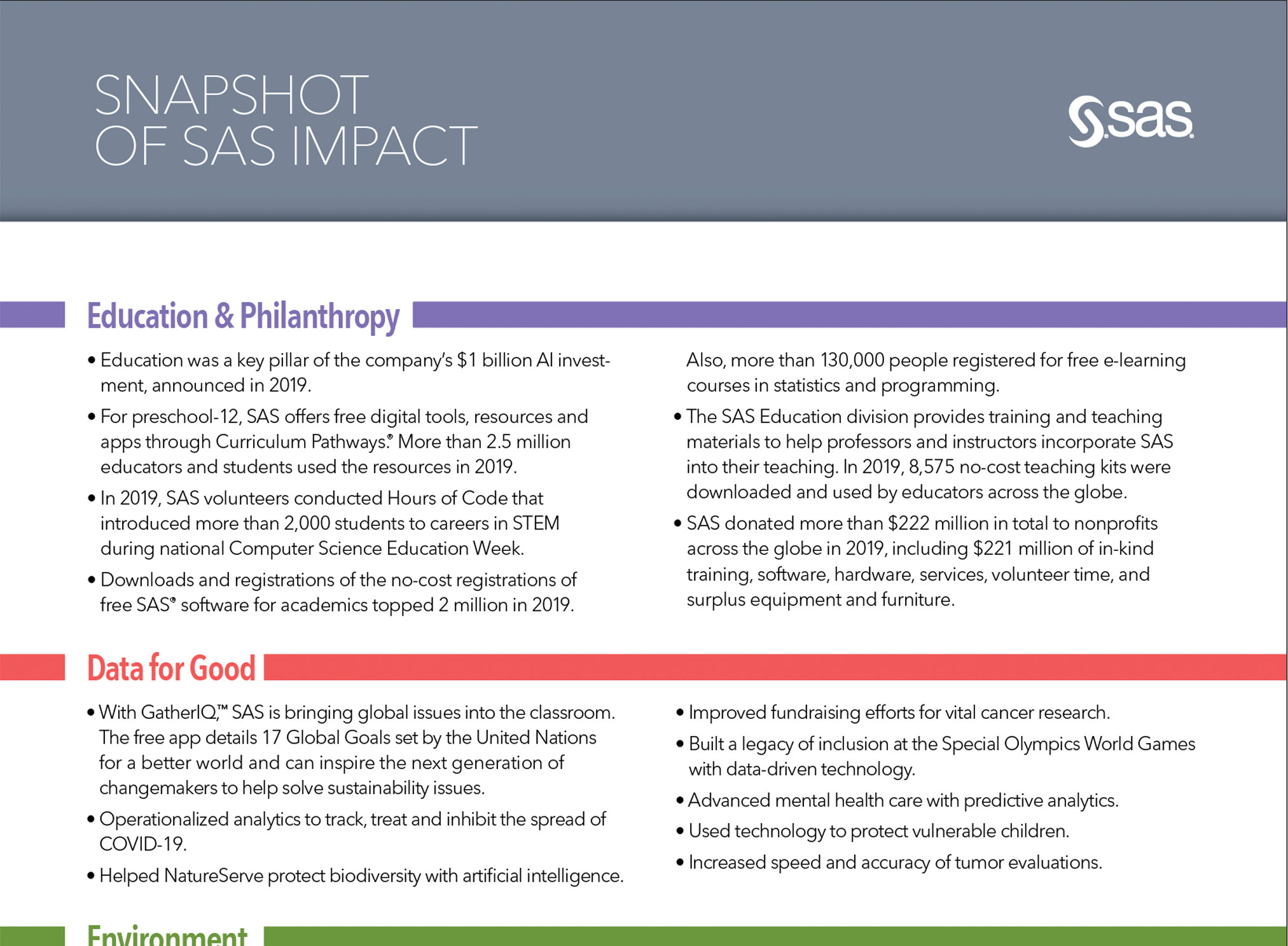 Gallery Image
Gallery Image
Highlights of SAS’ corporate social responsibility impacts for 2019.
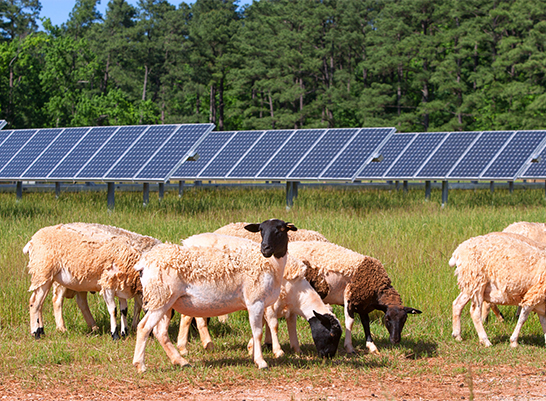 Gallery Image
Gallery Image
Dorper sheep flock helps to maintain the grass under the SAS solar panels and do so without disturbing the technology or the use of chemicals which also ensures the health of the nearby SAS beehives.
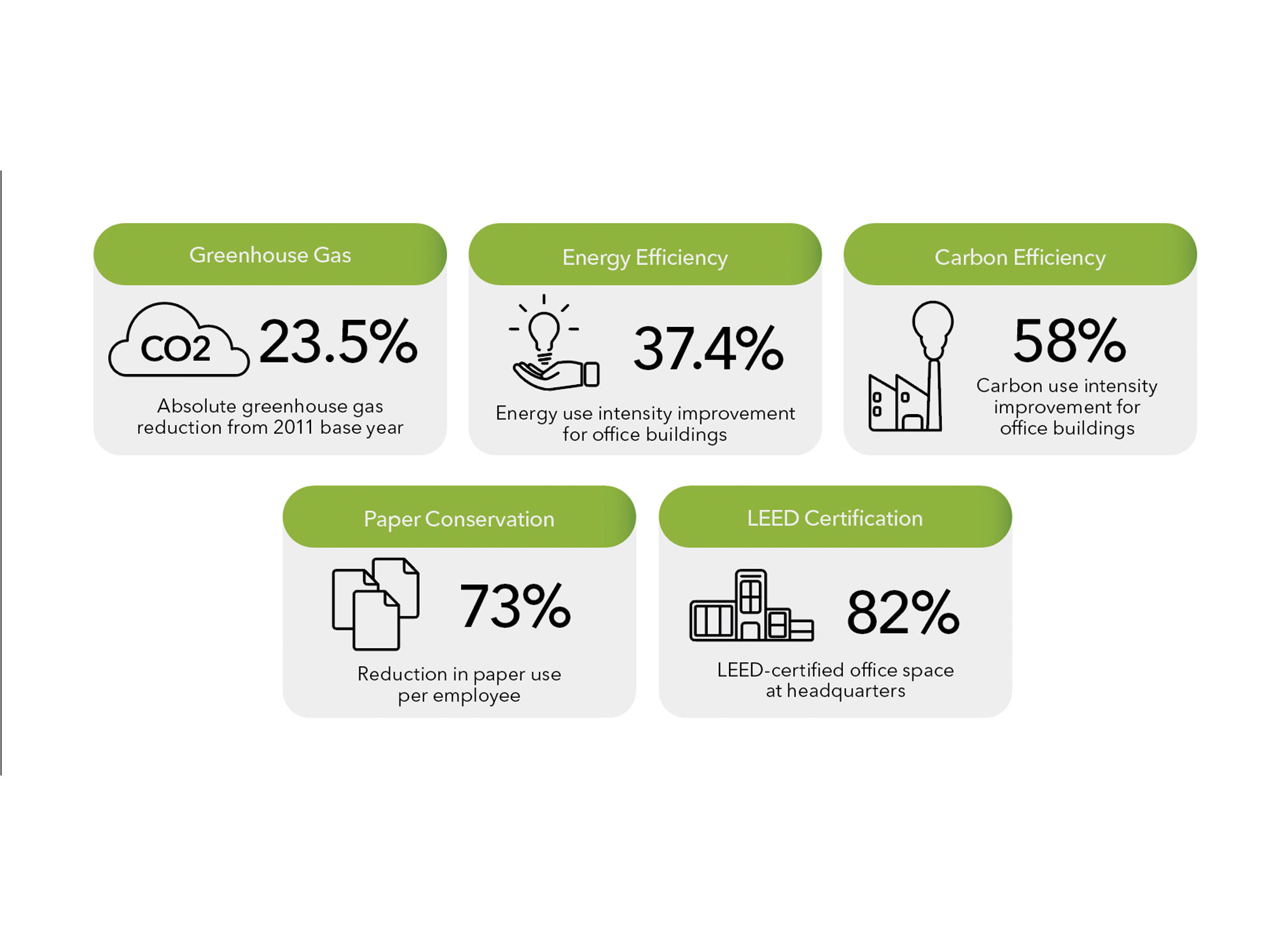 Gallery Image
Gallery Image
SAS 2019 Top Environmental Achievements
As a #sustainability leader, SAS is committed to achieving net-zero carbon emissions by 2050. See how we are building a brighter future by reading our latest #CSR report. https://www.sas.com/en_us/company-information/corporate-social-responsibility.html Tweet
Environmental initiatives
By prioritizing the creation of environmentally friendly workplaces, SAS fosters a sustainable business model and encourages employee creativity. The company’s path to zero carbon requires continued investments in research, the highest-efficiency AI-enabled energy technologies, smart sensors, renewable energy, electric vehicle infrastructure and LEED best practices. It also includes the application of advanced analytics to make decisions about how best to reduce SAS’ footprint and operate more sustainably. SAS uses its own software to manage and report environmental performance. The company is committed to establishing science-based targets and aligning with the UN Global Compact and We Mean Business coalition to embrace a “green growth” strategy.
In 2019, SAS’ top environmental achievements included:
Contributing to the greater good
In addition to participating in a variety of local and global volunteer events and giving activities, SAS makes a difference by using its analytics to benefit humanity. As part of SAS’ efforts to support the UN SDGs, the company is using GatherIQ™ to introduce young learners to data through the lens of the world’s biggest problems. Through these 17 global goals for a better world, this free app aims to educate and inspire students to turn those insights into action within their own communities through interactive data visualizations, quizzes and other multimedia activities.
The company also continues to invest in Data for Good projects as part of its social innovation initiative by finding creative ways to accelerate global progress and move the world toward a more sustainable future. From helping to protect biodiversity and bee populations to tackling deforestation in the Amazon, SAS is applying cutting-edge technology and expertise to help solve some of society’s biggest challenges. These programs would be impossible without the passion, knowledge and willingness of SAS employees to contribute to the greater good.
This commitment to a creating a brighter future for all includes educating the next generation of data scientists. In fact, education was a key pillar of the company’s $1 billion AI investment, announced in 2019. From preschoolers to graduate students, SAS supports countless educational programs to help students from all backgrounds reach their full potential as future leaders and innovators. For preschool-12, SAS offers free digital tools, resources and apps which were used by more than 2.5 million educators and students in 2019. For higher education and adult learners, downloads and registrations of free SAS software for academics topped 2 million in 2019. Also, more than 130,000 people registered for free e-learning courses in statistics and programming.
Learn what makes SAS a corporate sustainability leader.
About SAS
SAS is the leader in analytics. Through innovative software and services, SAS empowers and inspires customers around the world to transform data into intelligence. SAS gives you THE POWER TO KNOW®.
SAS and all other SAS Institute Inc. product or service names are registered trademarks or trademarks of SAS Institute Inc. in the USA and other countries. ® indicates USA registration. Other brand and product names are trademarks of their respective companies. Copyright © 2020 SAS Institute Inc. All rights reserved.
Editorial Contact:
Kris Balic
[email protected]
919-531-0624
sas.com/news